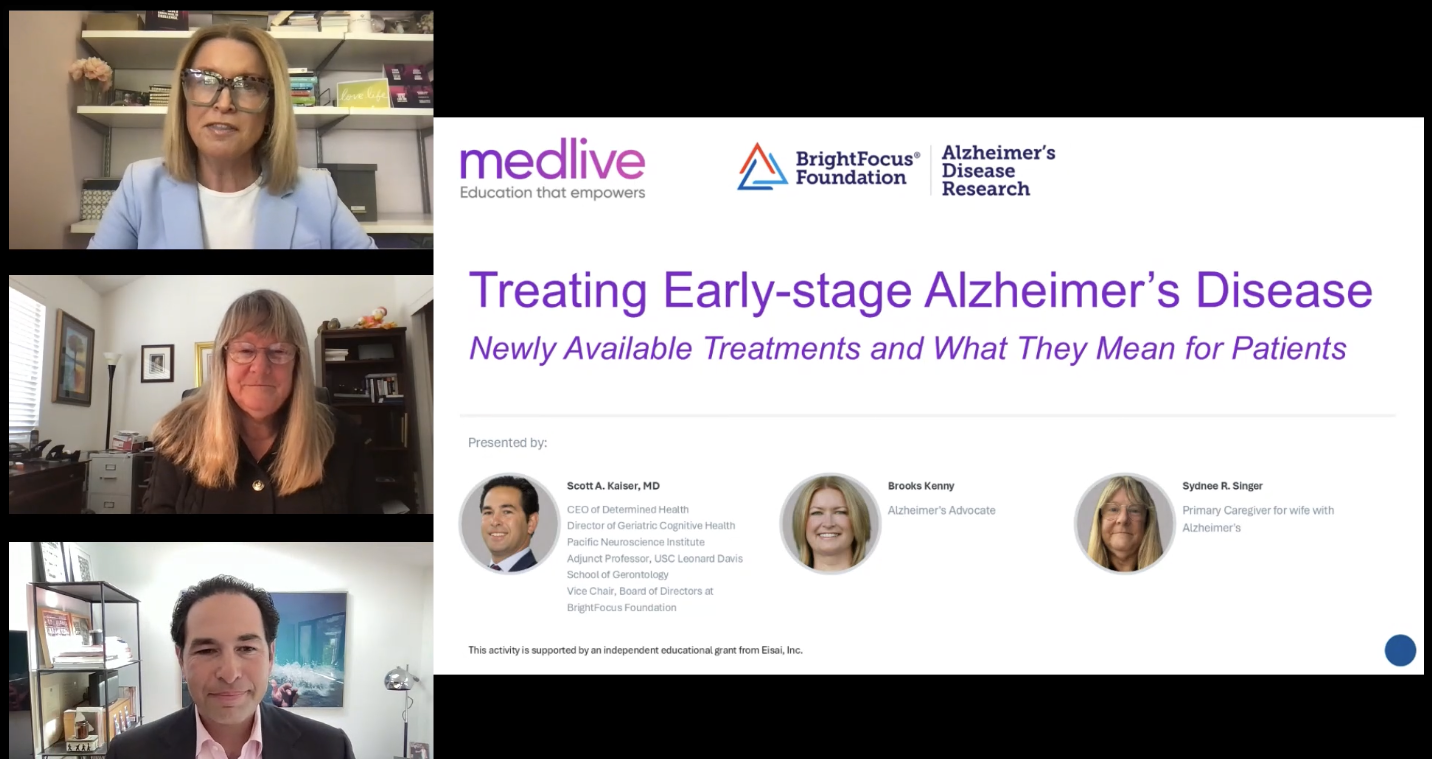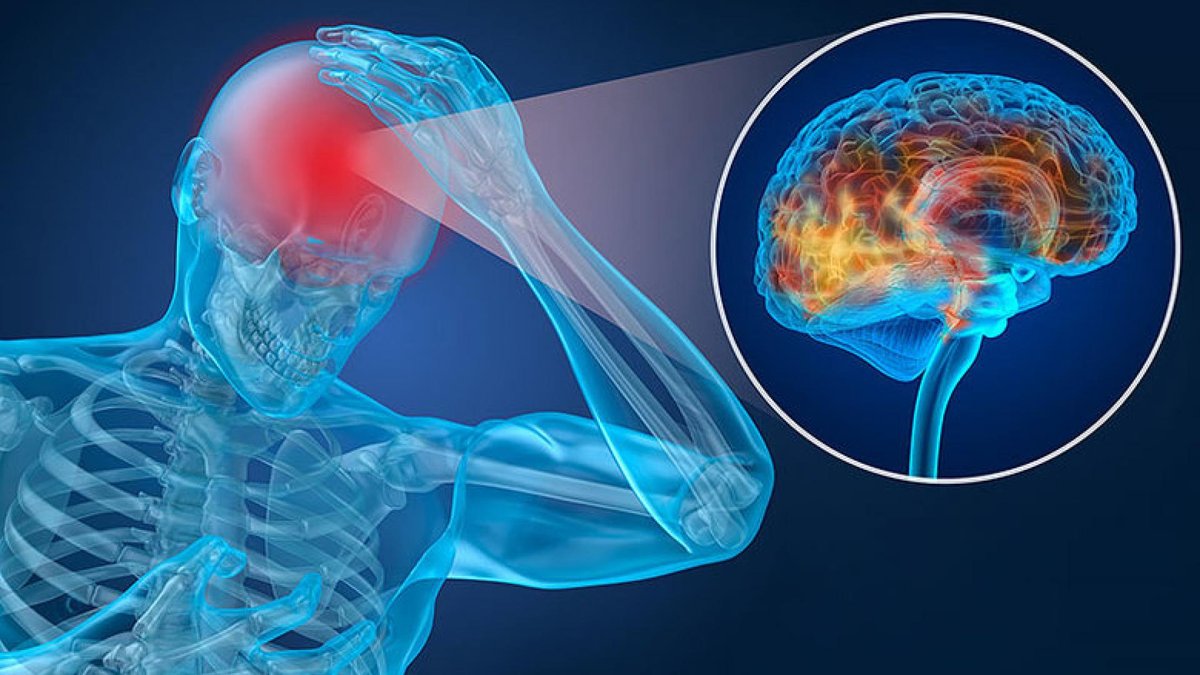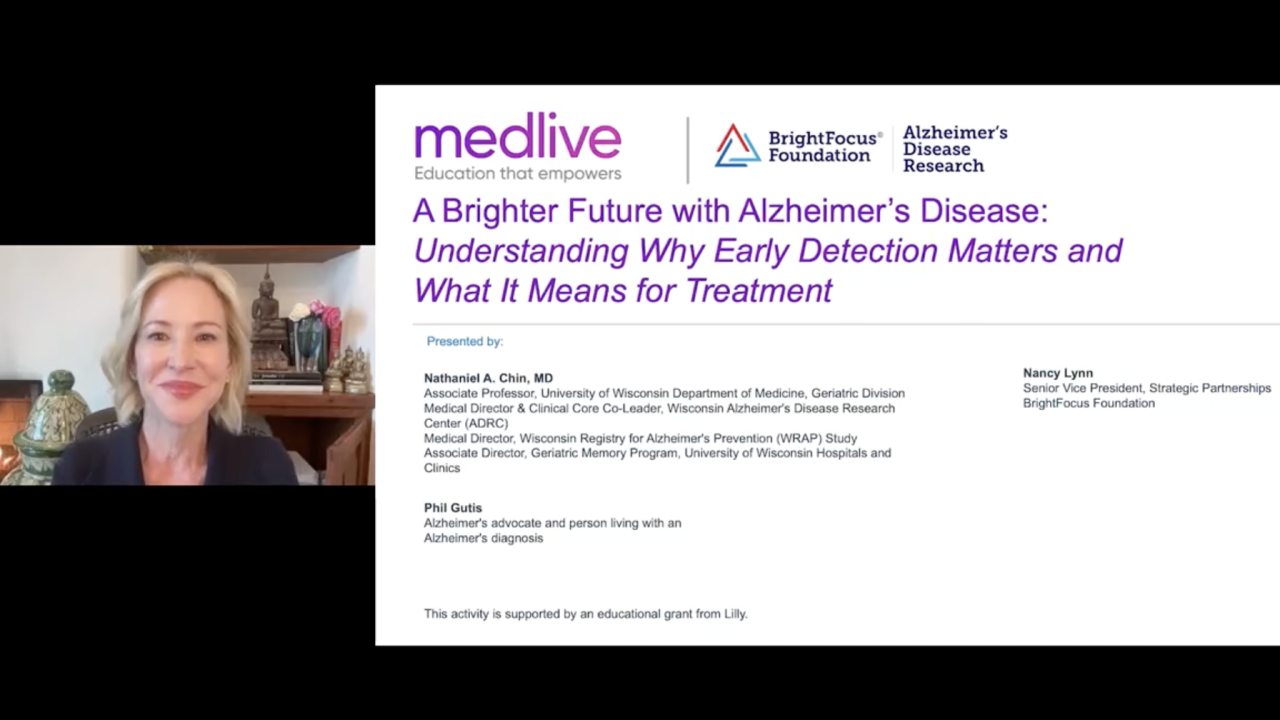
Interacting with friends can be very important for the emotional health and general well-being of a person with Alzheimer’s.
They played bridge each Wednesday night. Sometimes competitors, sometimes partners, they always had an enjoyable time – the growing friendships, the gatherings, and of course, the game.
One night while they were playing, she (let’s call her Janet) told them she was diagnosed with Alzheimer’s disease. Looking back, there had been some signs – Janet sometimes got confused about who had what cards, or sometimes got mixed up about partners. Even when the group had not known the reason for her behavior, they overlooked Janet’s mistakes. Their games were still enjoyable, the friendships and socialization even more so. But now that they knew the reason for her mistakes, they were even more determined to keep the games going as they always had been. The group gathered every Wednesday. The mistakes occurred. The games continued.
Eventually, and on her own, Janet stopped coming to the Wednesday night bridge games. She had moved to be closer to her children.
Such a Lovely Story of Friendship
What a testament to the beauty of friendship. It is easy to be a friend when all is well, but these friends remained with Janet while things were not well. What more can we ask of our friends than to just be there with us, especially when we need them most?
Observing some moments of confusion, and then eventually learning that Janet had Alzheimer’s, did not change things much for this group of friends. They could have been inconvenienced by her memory lapses and confusion. Instead, they played on. She played on. They saw no need to change anything.
Eventually, the purpose became not to win, but to have Janet play for as long as possible. Playing a game like bridge would be good for her brain, and the friendships she had formed in the bridge group were equally important. Janet was important to her bridge friends, Alzheimer’s or not. They were important to her.
The Best Friends Approach
This story reminds me of “The Best Friends Approach to Alzheimer’s Care.” Virginia Bell and David Troxel, the program developers and authors of “A Dignified Life, The Best Friends Approach to Alzheimer’s Care,” would likely say the bridge friends, by their inclusive behavior and understanding attitudes, showed their respect for their friend, and reminded her of her value. They treated her with dignity. The game of bridge requires strong memory skills, and despite the mistakes she made, the group continued like nothing was unusual. They helped her along when needed. They enjoyed their time together. She remained an integral part of their gatherings.
We Need Our Friends
No matter who we are, or whether we have an illness such as Alzheimer’s, friendships are important. If you are a personal friend to someone with Alzheimer’s, or you share an activity such as a weekly bridge game, you are important to the one with Alzheimer’s. They benefit from your part in their life. Most likely you benefit too.
Alzheimer’s Friendships Support Caregivers Too
In addition to keeping the friendship active, what these friends were doing, perhaps unknowingly, was giving their bridge buddy’s caregiver some personal time. This is a bonus of remaining engaged in a friend’s life as they progress through the disease. When we keep our friendships active with those diagnosed with Alzheimer’s or other dementia, we are also helping their caregiver get some needed respite.
“I Get By With a Little Help From My Friends”—The Beatles
The above words from a classic Beatles song of the 1960s, “With a Little Help From My Friends” are so true. Even when — and especially when — a friend is diagnosed with Alzheimer’s. From our colleagues at Dementia Friends in the United Kingdom, take a look and listen to this fun video to remind yourself.
About BrightFocus Foundation
BrightFocus Foundation is a premier global nonprofit funder of research to defeat Alzheimer’s, macular degeneration, and glaucoma. Through its flagship research programs — Alzheimer’s Disease Research, Macular Degeneration Research, and National Glaucoma Research— the Foundation has awarded nearly $300 million in groundbreaking research funding over the past 51 years and shares the latest research findings, expert information, and resources to empower the millions impacted by these devastating diseases. Learn more at brightfocus.org.
Disclaimer: The information provided here is a public service of BrightFocus Foundation and is not intended to constitute medical advice. Please consult your physician for personalized medical, dietary, and/or exercise advice. Any medications or supplements should only be taken under medical supervision. BrightFocus Foundation does not endorse any medical products or therapies.
- Lifestyle










